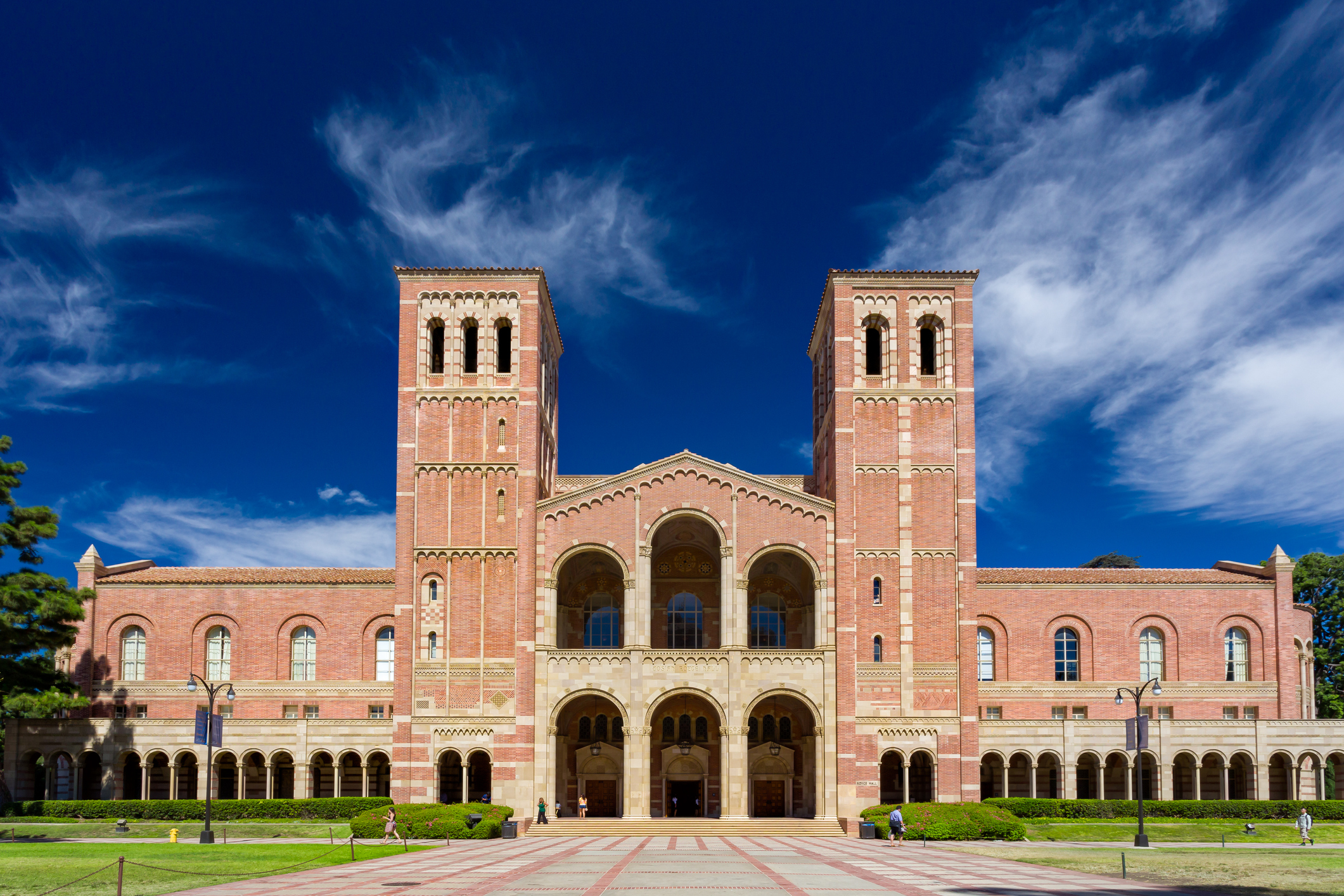You know you're in a different kind of college when a teaching assistant sets five marijuana plants down in the middle of a lab and no one blinks a bloodshot eye.
Welcome to Oaksterdam University, a new trade school where "higher education" takes on a whole new meaning.
The school prepares people for jobs in California's thriving medical marijuana industry.
For $200 and the cost of two required textbooks, students learn how to cultivate and cook with cannabis, study which strains of pot are best for certain ailments, and are instructed in the legalities of a business that is against the law in the eyes of the federal government.
The only prerequisite for the course is a Politics/Legal Issues 101 class.
"My basic idea is to try to professionalize the industry and have it taken seriously as a real industry, just like beer and
distilling hard alcohol," said Richard Lee, 45, an activist and pot-dispensary owner who founded the school in a downtown
storefront last fall.
"At Oaksterdam University, we strive to provide the highest quality training in all aspects of the cannabis industry, so that
you will be prepared to find employment in one of the hundreds of cannabis dispensaries in California or start one of your own," Lee tells students in a letter attached to the application form.
News
Top news of the day
So far, 60 students have completed the two-day weekend course, which is sold out through May. At the end of the class, students
are given a take-home test, with the highest scorer -- make that
"top scorer" -- earning the title of class valedictorian.
Before getting to Horticulture 101, the hands-on highlight of Oaksterdam U, the 20 budding botanists, entrepreneurs and political
activists at a recent weekend session sat politely through two law lectures and a visiting professor's history talk.
In the lab, Lee measured plant food into a plastic garbage can and explained how, with common sense, upgraded electrical outlets,
a fan and an air filter, students can grow pot at home for fun, health, public service -- or profit.
Lee explained to his students how to prune and harvest plants, handing the clipping shears to a woman who wasn't sure how close to
the stalk to cut without damaging it. He offered his thoughts on which commercial nutrient preparations are best, as well as the
advantages of hydroponics, or soil-free gardening.
During a discussion of neighbor relations, he warned against setting booby traps to keep curious kids out of outdoor gardens.
Students gave various reasons for enrolling.
Some said they were simply curious. Others said they wanted tips for growing their own weed, although judging from the questions, a few were ready for the graduate seminar Lee recently added to the curriculum.
Jeff Sanders, 52, said he has been buying medical marijuana since 2003 but wants to open a dispensary in the San Joaquin
Valley because he doesn't like having to drive up to San Francisco and paying the markup.
"I see it as a good thing. You are giving back to the community," Sanders said.
Patrick O'Shaughnessy, 37, said he started smoking pot regularly for the first time about a year ago to treat his chronic migraines,
depression and anxiety.
After attending class, he said he felt more confident about growing his own, which he wants to do because the
dispensary he frequents often sells out of his favorite strain.
Oaksterdam U draws its name from the jokey nickname for a section of Oakland where some of California's earliest medical
marijuana dispensaries took root. The nickname in turn was inspired by the city of Amsterdam, in Holland, where pot use is tolerated.
At one point, the Oaksterdam neighborhood had at least 15 clubs and coffee shops selling pot, a number that dwindled to four when
the city started issuing permits and collecting taxes from them a few years ago.
"I hope that you take full advantage of our classes and that they help you to contribute to the tremendous growth of this industry," Lee said in a letter addressed to potential students.
California was the first of a dozen states that have legalized marijuana use for patients with a doctor's recommendation.
Despite periodic raids by federal drug agents and the threat of
prosecution, clubs and cooperatives where customers can buy
marijuana have proliferated; California has 300 to 400, according
to advocacy groups.
Entry-level workers are paid a little more than minimum wage, while "bud tenders," can make more than $50,000 a year, and owners and top managers more than $100,000, Lee said. But there's also a certain amount of risk -- and not just financial, but legal.
Michael Chapman, an assistant agent in charge with the Drug Enforcement Administration's San Francisco office, said authorities are aware of Oaksterdam U and don't see any reason to shut it down.
Talking about marijuana is not illegal, and while a small amount of pot is kept on the premises, the DEA tries "to concentrate our
case work on the most significant violators," he said.
Still, Chapman said he doesn't like Lee's effort to wrap cannabis education in a cap and gown.
"I think they are sending the wrong message out to the community, and it's something that could only facilitate criminal
behavior," he said.
The university's gift shop sells T-shirts, jackets, lighters and books, including one called "The Big Book Of Buds" by the self-proclaimed Guru of Ganja, Ed Rosenthal.
There is even a curriculum in glassworks for people who want to make their own smoking implements.
In its first year of operation, over 600 students attended Oaksterdam, and now many are putting their education to use in Oakland, NBC Bay Area's Laurence Scott reported.



